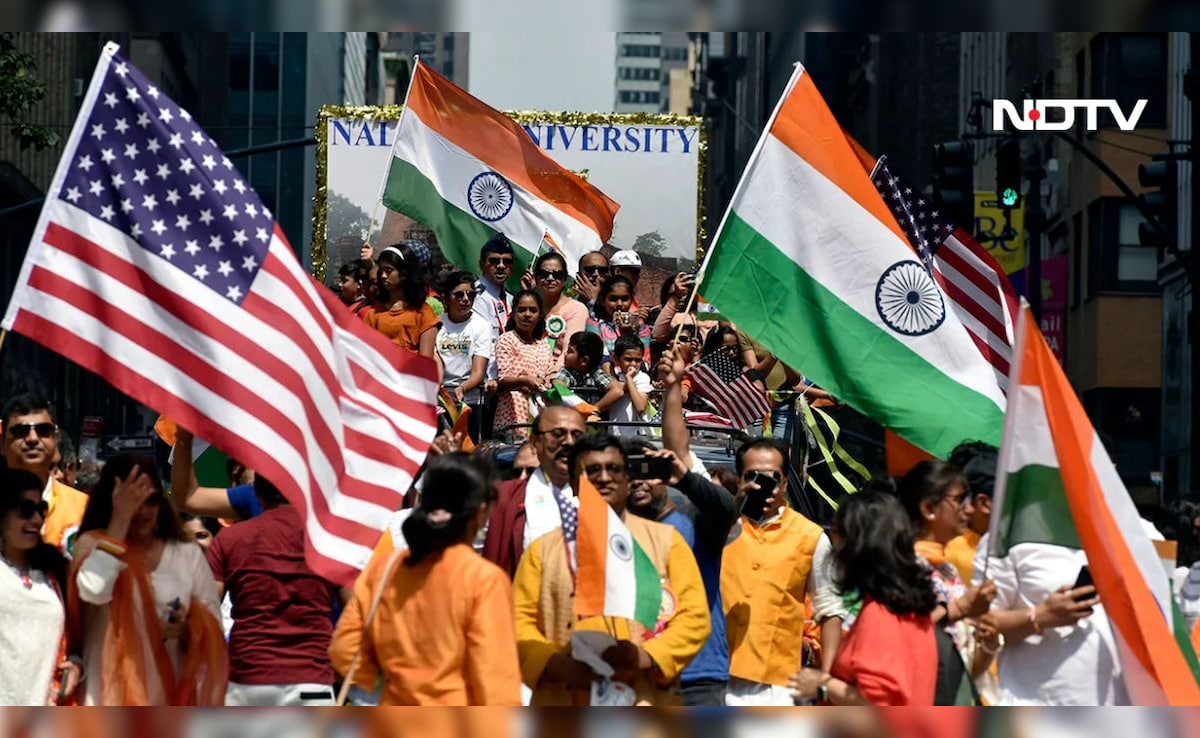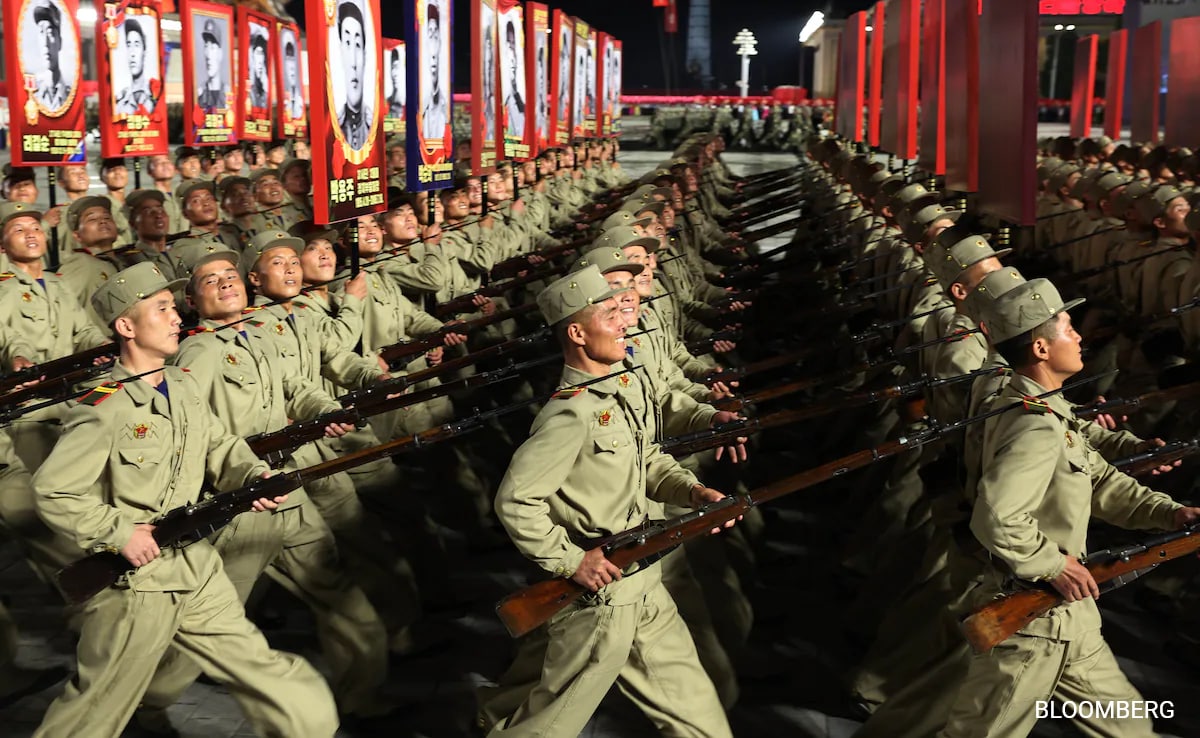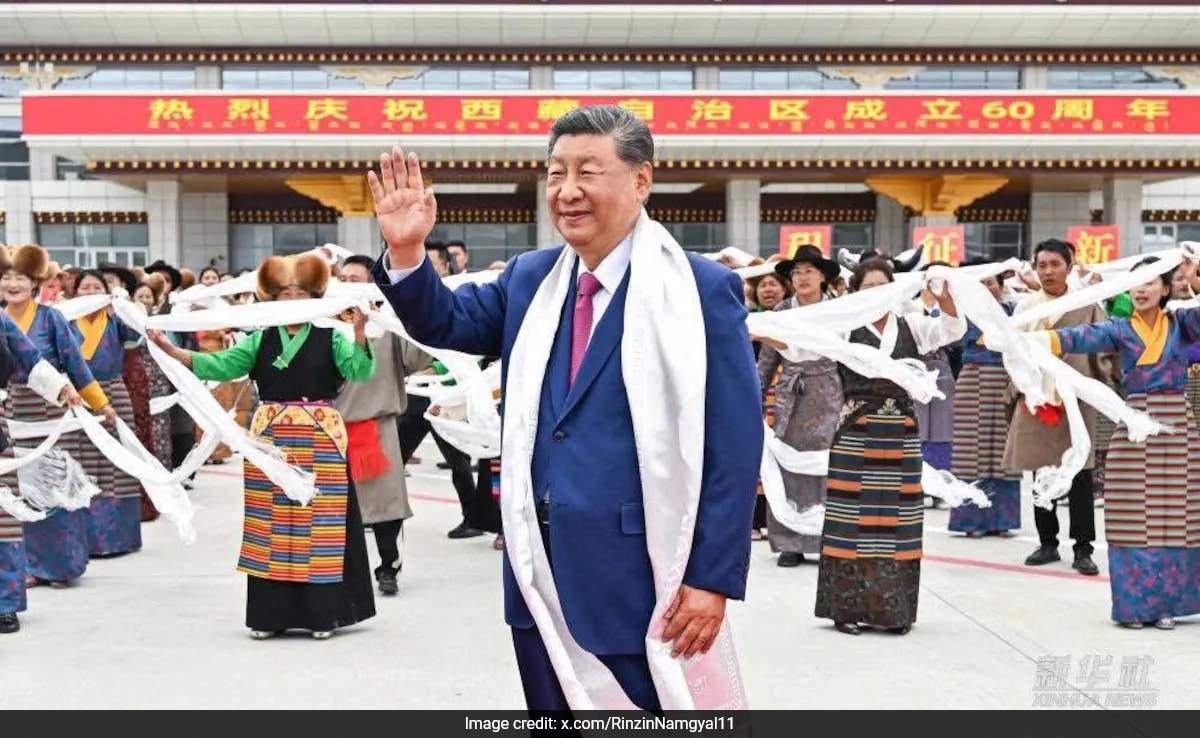Sudanâs top military commander and official head of state, Lt. Gen. Abdel Fattah al-Burhan, appeared on state television at around noon local time to make the announcement, but he did not specifically address the arrests of Prime Minister Abdalla Hamdok and other members of the government. He said the military was still committed to democratic elections by mid-2023.
As news of the militaryâs action spread around Khartoum, crowds gathered in the streets in protest â just days after the capital witnessed the biggest pro-democracy demonstrations since 2019 when longtime dictator Omar Hassan al-Bashir was toppled by a wave of popular discontent.
Internet services were disrupted or unavailable in Khartoum and other parts of the vast northeast African country, according to phone calls with locals on Monday. Local news channels reported the closing of roads and bridges connecting Khartoum with the rest of Sudan by large contingents of security forces as well as the suspension of flights at the airport. A prominent doctors association said in a Facebook post that 12 people had been injured by live ammunition presumably fired by security forces.
Since Bashirâs ousting, the country has been governed by a hybrid civilian-military transitional council, and tensions over power-sharing have repeatedly threatened to boil over into outright confrontation. Divisions within the military have also contributed to the instability. Last month, pro-Bashir elements within the military attempted a coup but were quickly thwarted.
The civilian side of the government, led by former economist Hamdok, had recently set a Nov. 17 deadline for a full transition to civilian power.
In a statement posted on the Facebook page of Sudanâs civilian-run Information Ministry, Hamdok was quoted as calling on the Sudanese people to peacefully âoccupy the streets to defend their revolution.â A separate post said Hamdok had been arrested and transferred to an unknown location. His whereabouts remained unclear Monday afternoon.
The United States, European Union and United Nations all issued statements calling for the immediate release of civilian leaders and their restoration in the government, and the African Union suspended Sudanâs membership. Saudi Arabia, a close ally, expressed concern in a statement, but did not call Mondayâs events a coup or military takeover.
âThe kingdom calls for the importance of self-control, calm and de-escalation, and preserving all that was achieved from political and economic gains,â the Saudi Foreign Ministryâs statement read, in part.
Washingtonâs special envoy to the Horn of Africa region, Jeffrey Feltman, had met on Saturday with Hamdok and Sudanâs two most powerful military figures, Burhan, and Mohamed Hamdan Dagalo, better known as Hemedti, a former warlord who now commands a powerful paramilitary unit called the Rapid Support Forces.
Feltman had used the meeting to warn that U.S. support for Sudan was tied to its transition toward elections and civilian rule, which military leaders have agreed to while pushing for a longer transition period.
On Monday, Feltmanâs office said in a tweet, âThe US is deeply alarmed at reports of a military take-over of the transitional government. This would contravene the Constitutional Declaration and the democratic aspirations of the Sudanese people and is utterly unacceptable. As we have said repeatedly, any changes to the transitional government by force puts at risk U.S. assistance.â
The Sudanese Congress Party, which is part of Hamdokâs coalition of civilian stakeholders in the transitional government, posted numerous videos to its social media accounts of protesters gathering Monday in symbolically important places in Khartoum, including in front of the military headquarters, the focus of the vast protests in 2019 in the months before and after Bashirâs eventual unseating by his military commanders.
The protestersâ reprised a central slogan of the 2019 revolution as they marched up Africa Avenue past the airport and toward the center of the city: âFreedom, peace and justice, the revolution belongs to the people.â
The prime ministerâs political coalition, largely made up of groups that supported Bashirâs overthrow, had made progress with Western governments in normalizing Sudanâs diplomatic and economic relations with the rest of the world after decades of sanctions. Sudan was taken off the United Statesâ state sponsors of terrorism list last year and had begun engaging with Western lending institutions to clear enormous debt arrears and secure loans to stabilize the countryâs inflation-rocked economy.
The militaryâs role in Sudanâs transitional government was presented to civilian leaders in 2019 as a largely honorary one, but Burhan and others have figured prominently in the countryâs domestic and foreign policymaking since then, and accused Hamdok of trying to monopolize control.
Over the past half-century, Sudan has been rocked by coups and wars, creating an intricate and shifting web of alliances and rivalries. In 2011, following a decades-long civil war, the country was split in two after largely non-Muslim southerners voted to secede and create the new country of South Sudan. A particularly brutal conflict in the western region of Darfur, along the border with Chad, still simmers and has displaced hundreds of thousands of people this year alone, according to the United Nations.
Militia leaders from Darfur who once fought against Burhan and Hemedti have now sided with them in an alliance that has made supporters of the civilian government, especially among displaced communities in Darfur, deeply uncomfortable. Pro-democracy protesters have also alleged that current military leaders still maintain close ties with Bashirâs inner circle despite claiming to be vanguards of the movement that ousted him.
A particularly sore point has emerged over Bashirâs outstanding warrant from the International Criminal Court in The Hague for genocide and crimes against humanity relating to atrocities in Darfur carried out by state security forces between 2003 and 2008. The civilian government has approved measures to hand Bashir over to the court from a Sudanese jail, but the military has blocked the move. Burhan, Hemedti and other prominent military and paramilitary figures served in Darfur under Bashir, but there are not outstanding cases against them.
Read more:
.png)










 English (United States) ·
English (United States) ·  Turkish (Turkey) ·
Turkish (Turkey) ·